In Hollywood, there's a well-known idea that for straight male actors, taking on a gay role can be a fast-track to an Oscar nomination. This notion has been supported by various high-profile examples over the years, such as Tom Hanks winning Best Actor for his portrayal of a gay man with AIDS in "Philadelphia" and Sean Penn's performance in the biopic "Milk." However, recent instances suggest that this strategy might not be as effective anymore. Bradley Cooper's performance as Leonard Bernstein in "Maestro" was overlooked by the Academy, and Paul Mescal failed to receive a nomination for his role in "All of Us Strangers."
Nonetheless, there remains a lingering sense of prestige attached to straight actors playing gay characters. While they may not receive the same accolades for bravery, it's still seen as a testament to their acting prowess and commitment to serious roles. Interestingly, this trend has shifted towards auteur-driven, independent cinema, adding even more credibility to the endeavor.
In recent announcements, there's been a surge of new productions featuring straight actors portraying gay characters. For instance, Paul Mescal and Josh O'Connor are slated to star in "The History of Sound," a historical drama about two men who find love during World War I. Similarly, Jacob Elordi will lead "Swift Horses," a period drama set in the 1950s featuring a love affair with Babylon's Diego Calva. Nicholas Galitzine is also gaining recognition for his roles in various gay-themed projects like "Mary and George," "Red, White and Royal Blue," and "Handsome Devil."
The debate over whether straight actors should play gay roles often revolves around representation politics. Some argue that it's unfair to marginalized communities who deserve authentic representation, while others fear it may inadvertently out closeted or private actors. However, fundamentally, there's nothing inherently wrong with straight actors taking on gay roles. The more pressing issue lies in the lack of opportunities for gay actors to play straight characters. While there are exceptions, the industry still struggles to provide equal chances for actors to explore roles beyond their own identities.
In the entertainment industry, gay actors often find themselves navigating significant obstacles despite their ability to portray straight characters convincingly. Hannah*, a casting director who preferred to remain anonymous, highlights the challenges faced by minority actors, regardless of their talent. She observes that the industry tends to favor straight, white individuals, leaving fewer opportunities for those who don't fit that mold.
Especially for younger or less established gay actors, securing roles as straight characters can be exceptionally challenging. Unlike established figures like Andrew Scott, who have the luxury of choosing from various offers, less prominent actors often lack such control over their careers. As Hannah notes, they may find themselves in a position where they must accept roles that don't align with their preferences merely to sustain themselves financially.
For instance, they might reluctantly take on stereotypical roles like the "catty best friend" to make ends meet, despite their desire for more diverse and substantive opportunities. This financial pressure often compels them to conform to industry expectations and pigeonhole themselves, limiting their potential for growth and exploration within their craft.

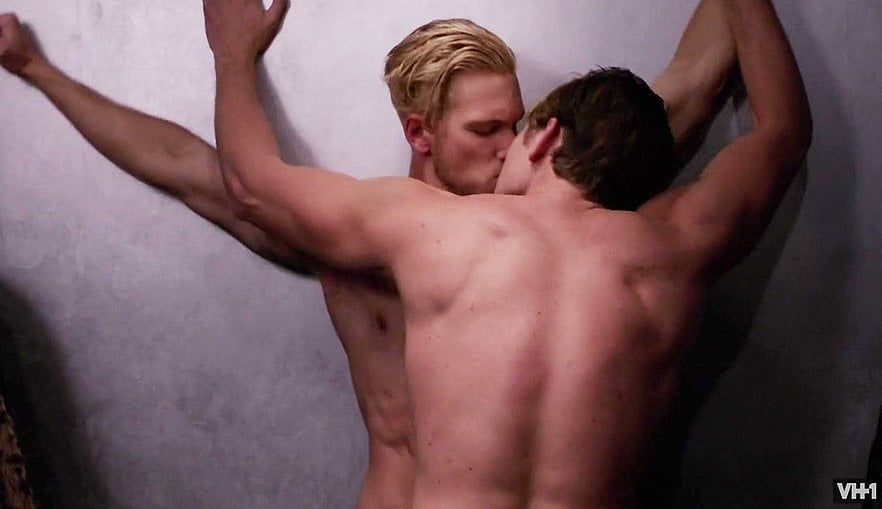



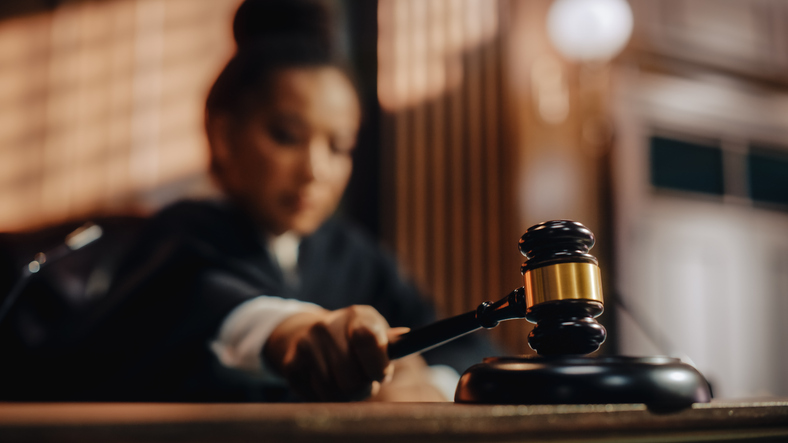
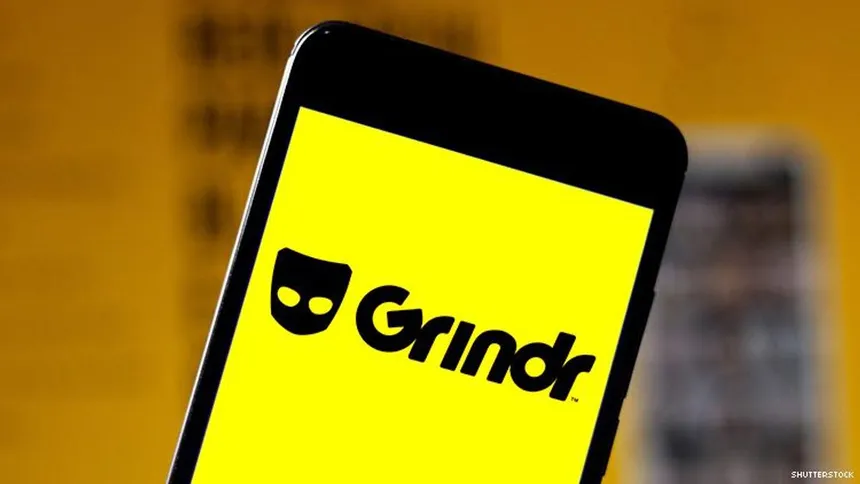

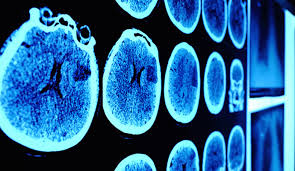

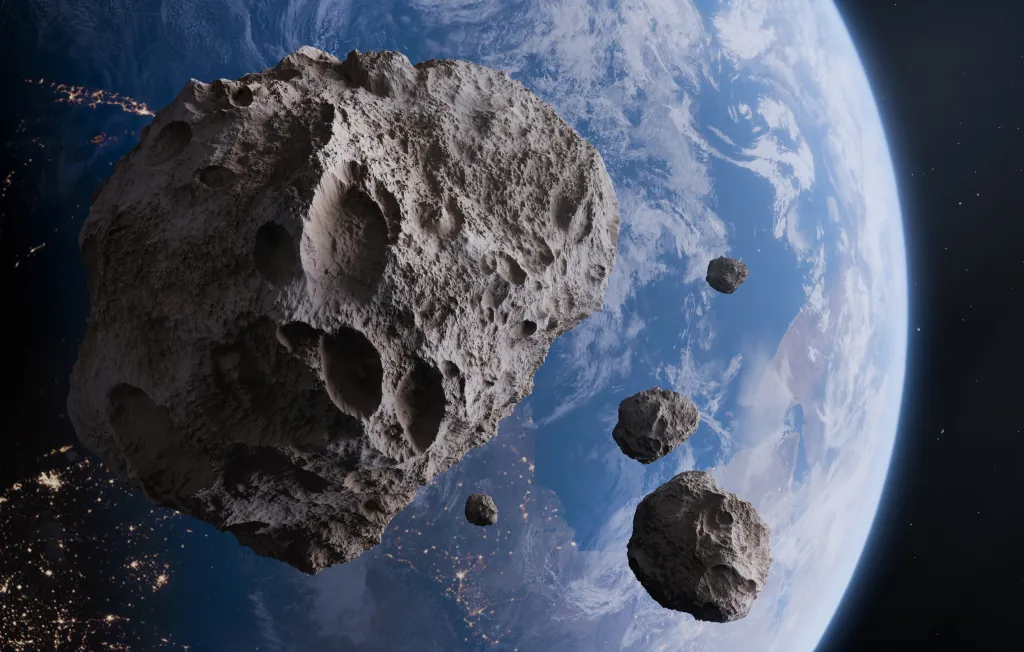
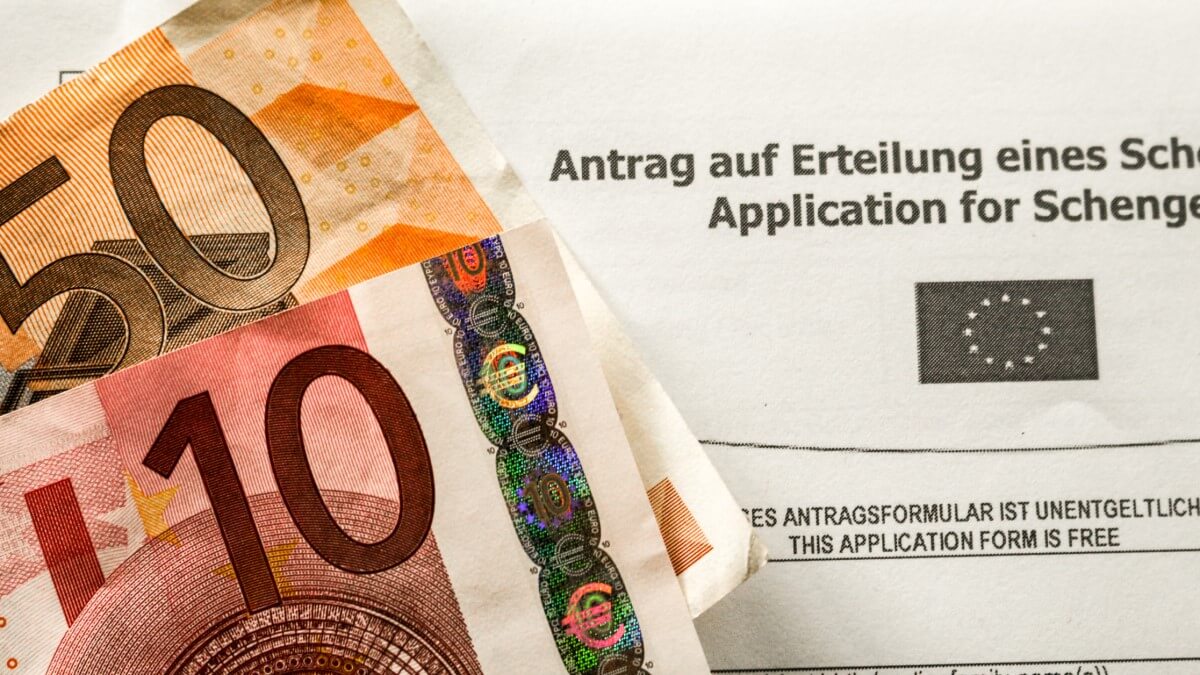

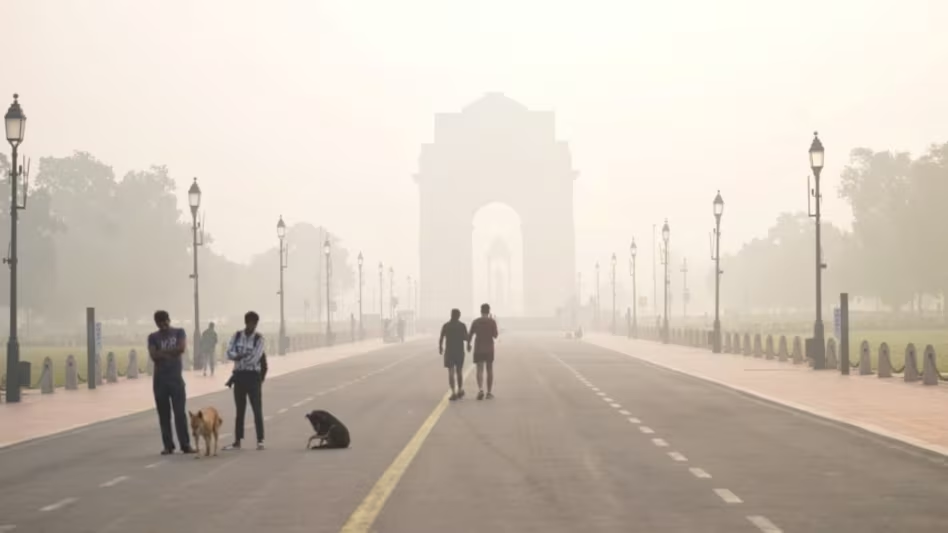
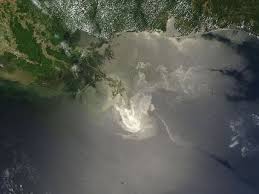
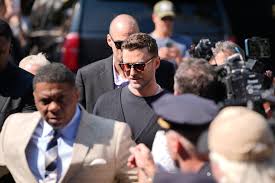
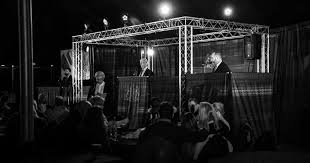

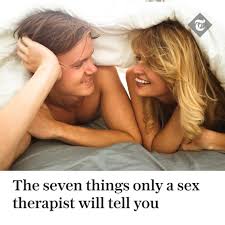
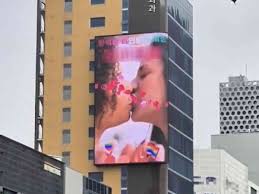





0 Comments